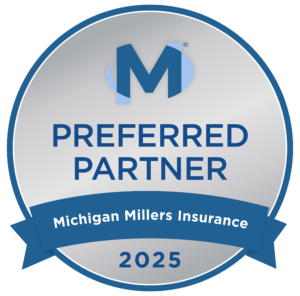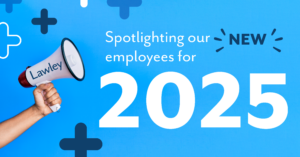Reduce Hurricane Damage to Businesses


Though the Atlantic hurricane season starts each year on June 1, emergency planning should generally be a year-round priority. Business owners in hurricane-prone areas in particular should make sure they are ready for a potential storm. IBHS offers the following recommendations to help business owners prepare for hurricanes and tropical storms.
- Have your building(s) inspected and complete any maintenance needed to ensure your building can stand up to severe weather.
- Designate an employee to monitor weather reports and alert your team to the potential of severe weather.
- Review your business continuity plan and update as needed, including employee contact information. If you do not have a business continuity plan, consider IBHS’ free, easy-to-use business continuity plan toolkit for small businesses.
- Remind employees of key elements of the plan, including post-event communication procedures and work/payroll procedures. Make sure all employees have a paper copy of the plan. Review emergency shutdown and start-up procedures, such as electrical systems, with appropriate personnel, including alternates.
- If backup power such as a diesel generator is to be used, test your system and establish proper contracts with fuel suppliers for emergency fuel deliveries.
- Re-inspect and replenish emergency supplies inventory, since emergency supplies are often used during the offseason for non-emergency situations.
- Test all life safety equipment.
- Conduct training/simulation exercises for both your business continuity and emergency preparedness/response plans.
WINDOWS, WIND & WINDBORNE DEBRIS:
During a hurricane, the failure of any opening can allow wind and water to enter a building and wreak havoc. That’s why all windows and glass in doors should be protected well in advance of a storm. Learn how to identify and select the right window protection system for your building to reduce risks from hurricanes and other high-wind events.
TYPES OF WINDOWS
Single-pane windows are easily identifiable because there is only one piece of glass in the frame. While these windows may be found in many older buildings, they generally are being phased out in favor of more thermally efficient double-pane windows.
Double-pane windows include two pieces of glass with an air gap in between. Advantages include better insulation, noise reduction, and UV control. However, double-pane windows are not designed to withstand windborne debris and should be protected just like single-pane glass when a hurricane threatens.
Laminated glass windows consist of two pieces of glass sandwiching a sheet of clear polyvinyl butyral (PVB) plastic laminate. Although glass layers may break if subjected to significant force, they remain bonded to the laminate and thus are unlikely to shatter, which reduces the likelihood of injury. However, laminated glass alone is not rated to provide protection against windborne debris that may occur during a hurricane.
Impact-rated laminated window systems are a combination of laminated glass and reinforced window frames. They are the only window systems tested and designed to protect against wind pressure and windborne debris. It is important to note that all impact-rated windows are laminated glass systems, but not all laminated glass systems are impact-rated. When a product is labeled “laminated,” it does not mean it has passed the large and/or small missile impact tests necessary for an impact rating.
Triple-pane impact-rated laminated window systems have entered the market as building owners have looked for energy efficiency along with windborne debris impact protection. These systems usually include a third pane of glass on the outside surface of the window and an impactrated laminated glass panel on the inside with an air space between the outer pane and the laminated inner panel. Recently, blinds have been incorporated into these systems by being placed in between the panes of glass.
Lawley is here to protect the business you built. We believes that the best defense is a good offense, so we’ll work with you to proactively identify potential vulnerabilities and help you take the steps to eliminate them with loss prevention best practices.
More Insight & Tips
The latest company news and industry insight from Lawley.








